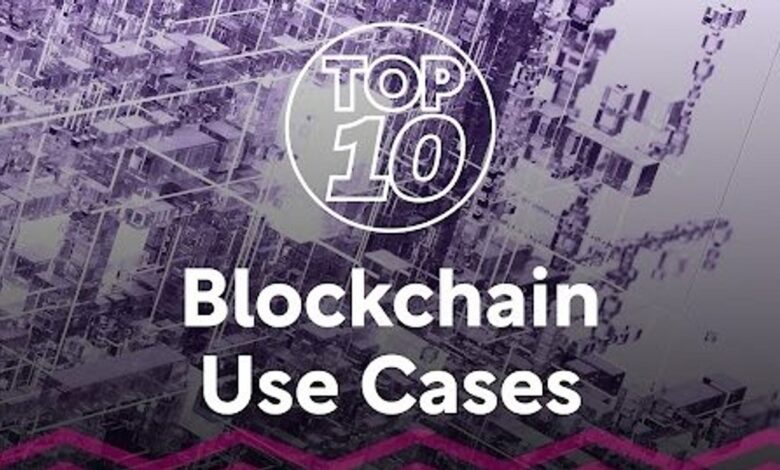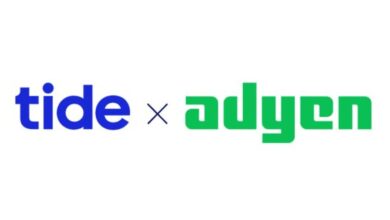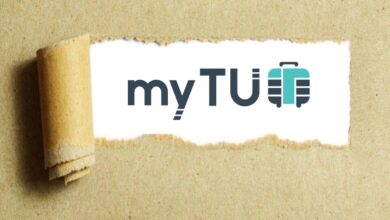Top 10 Use Cases for Blockchain Technology in Various Industries

Global Trade & Commerce
Today, blockchain is being explored to digitise trade documents and streamline typically strenuous processes like letters of credit, while providing a tamper-proof environment for secure trade finance transactions. Issuing letters of credit can now be done using smart contracts based on pre-determined conditions being fulfilled, all thanks to the power of blockchain.
When it comes to supply chains, blockchain technology can transparently produce a record of a product’s origin, ownership history and its movement across the supply chain. Examples include IBM’s Food Trust and Walmart’s blockchain solution allows for produce to be immutably tracked from farm to store – ensuring ethical sourcing and food safety standards are met.
Sustainability
When it comes to sustainability, blockchain technology is helping organisations take huge leaps in this space, particularly in the energy sector. It enables peer-to-peer trading of renewable energy, enabling both individuals and businesses to buy and sell energy without utilities intermediaries or grid operators, resulting in a more efficient, cost-effective energy market that better utilises renewable sources of energy. Projects like Brooklyn Microgrid can help enable distributed energy resources to meet up to 45% of global electricity demand by 2050.
Elsewhere, smart grid management can be managed safely and securely via the power of blockchain, facilitating transparent monitoring of energy demand, supply and data flows in smart grids. Carbon tracking features are also made possible by those organisations leveraging blockchain technology.
Healthcare
The blockchain’s reach has spread rapidly, and today it supports healthcare providers who can leverage decentralised electronic health records (EHRs). By creating a permanent audit trail, blockchain technology ensures data integrity to all changes made to a patient’s medical history.
For healthcare providers, blockchain can also store and credentials, certifications and licences on a distributed ledger, supporting verification processes and mitigating any potential forgeries.
Government & Public Sector
Of course, it is not just private sectors where blockchain has extended its reach, it is also being explored in the public sector and within central governments. Identity management and citizen records powered by blockchain are helping to prevent fraud, data tampering and unauthorised access. In the US, examples include the Illinois Blockchain Initiative and Delaware’s initiative for archiving public records.
Elsewhere, blockchain is helping serve land and property registration, supporting voting and elections and helping with public service delivery.



